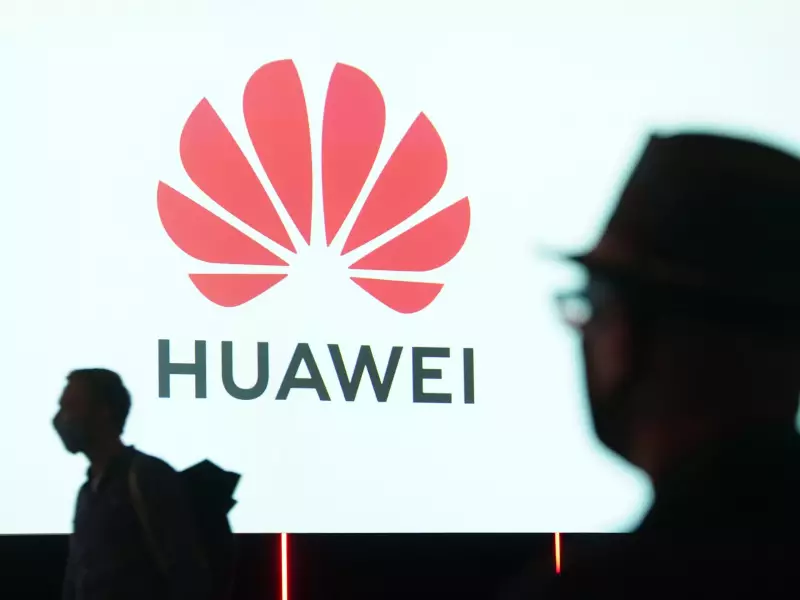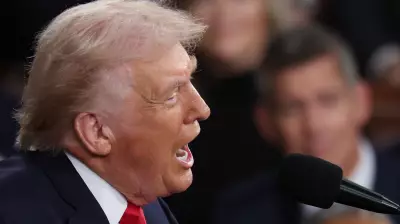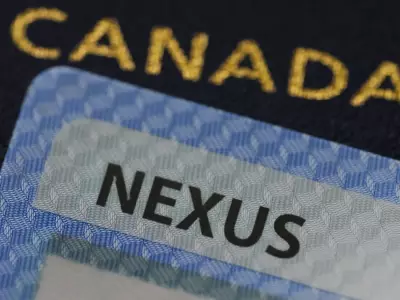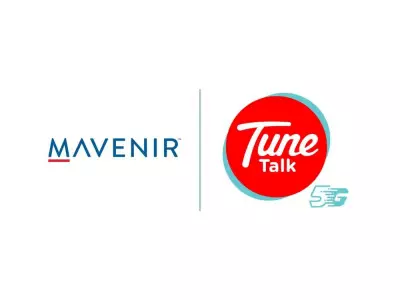
The European Commission is actively developing measures to compel member states to remove Chinese telecommunications giants Huawei Technologies Co. and ZTE Corp. from their mobile networks, according to sources familiar with the matter.
From Recommendation to Legal Requirement
Commission Vice President Henna Virkkunen is leading the charge to transform a non-binding 2020 recommendation into a strict legal mandate. The original guidance urged countries to stop using high-risk vendors in their mobile infrastructure. This new proposal would force EU nations to align with the commission's security guidance, a significant shift as infrastructure decisions have traditionally been the domain of national governments.
The push comes as trade and political ties with China, the EU's second-largest trading partner, continue to deteriorate. The core concern is that allowing companies with close ties to the Beijing government to control critical national infrastructure could compromise the security interests of member states.
Expanding the Crackdown on Chinese Equipment
The commission's scrutiny is not limited to mobile networks. Virkkunen is also exploring ways to restrict the use of Chinese equipment suppliers in fixed-line networks. This is particularly relevant as countries rapidly deploy state-of-the-art fiber cables to expand high-speed internet access.
Furthermore, the EU is considering using its financial leverage internationally. One measure under discussion involves withholding Global Gateway funding from non-EU countries that use these grants for projects involving Huawei equipment, the sources revealed.
Representatives for the European Commission and Huawei did not immediately respond to requests for comment. China’s Foreign Ministry has previously criticized the EU’s characterization of Huawei and ZTE as high-risk suppliers, calling it unfounded.
A Looming Political Battle and Divided Europe
This move is likely to ignite a political firestorm. Member states have long resisted ceding control over decisions about Huawei to the central commission. Telecom operators are also expected to oppose the restrictions, arguing that Huawei's technology is often cheaper and more advanced than offerings from Western alternatives.
The issue has resurfaced across Europe, with both Germany and Finland currently weighing tighter restrictions on Chinese vendors. The approach remains uneven across the bloc. While the United Kingdom and Sweden banned Chinese vendors years ago, countries like Spain and Greece continue to allow their equipment in networks. China hawks within the EU warn that this patchwork approach creates significant security vulnerabilities.
The debate over Huawei's role in European infrastructure first gained prominence during former U.S. President Donald Trump's first term, when Washington barred the company and aggressively lobbied European allies to do the same. The European Commission subsequently created its "5G toolbox," which advised countries to exclude high-risk vendors from core parts of their networks. However, adherence was voluntary, as critical infrastructure and national security remain matters of national discretion.






